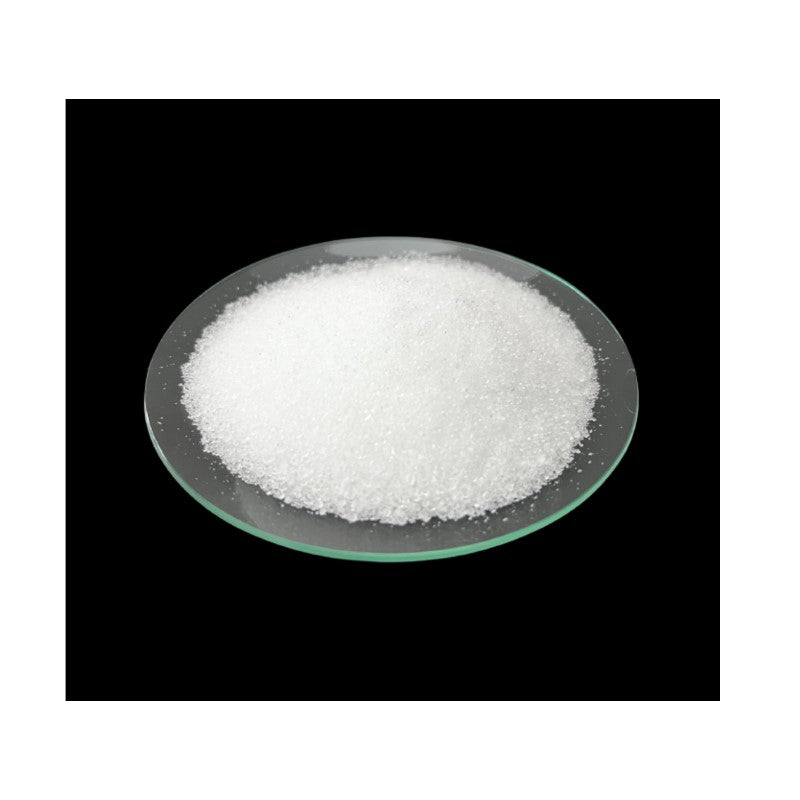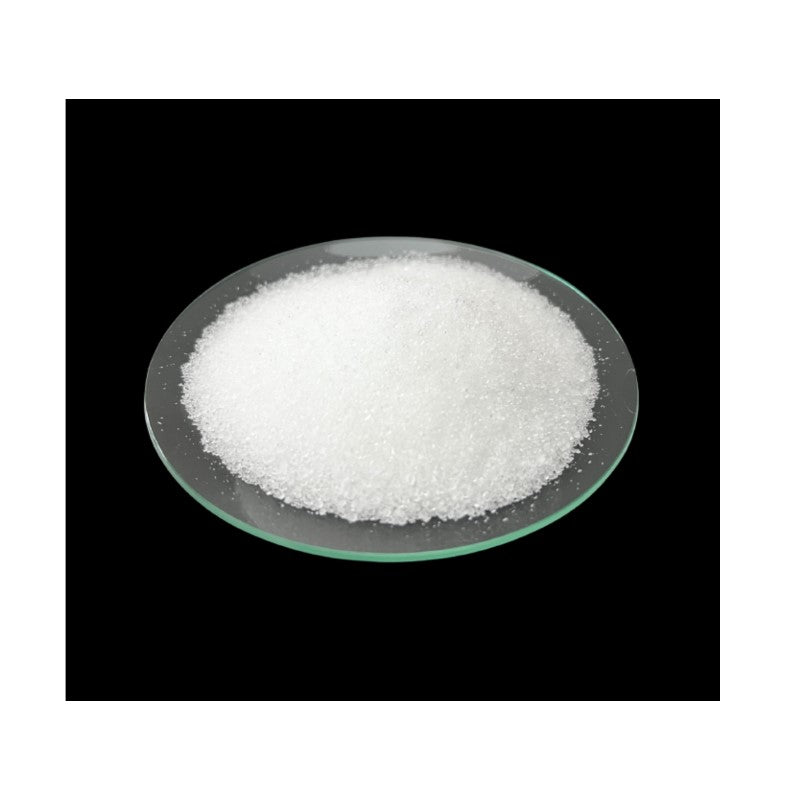Dermafactors
Glycolic Acid Powder/Crystal, Cosmetic Grade
Glycolic Acid Powder/Crystal, Cosmetic Grade
Couldn't load pickup availability
INCI Name: Glycolic Acid
CAS#: 79-14-1
This ingredient should be handled by professionals due to its chemical properties.
Glycolic Acid (GA), also known as Hydroxyacetic Acid, is an alpha hydroxy acid (AHA) derived from sugar cane juice. It is the smallest molecule and the most effective ingredient in the AHA family in antiaging and anti-pigmentation skincare. It penetrates the skin better and deeper than other AHAs.
Glycolic acid is commonly used in dermatologist offices as a peeling agent and by cosmetic chemists to formulate exfoliating and anti-aging products. Its exfoliating and collagen-boosting properties help keep the skin smooth, radiant, and plump and fade wrinkles. It is also used for skin-brightening purposes to improve dark spots and patches.
- It is a mild exfoliant and moisturizer
- GA has been found to reduce photoaging effects at concentrations as low as 3%-5%.
- It thickens the skin and reduces the appearance of fine lines and wrinkles.
- It boosts collagen synthesis and improves skin thickness and elasticity.
- It enhances the skin absorption of other active ingredients, which allows you to reduce the concentration of actives and still achieve the same skin benefits.
- It is an excellent humectant when used properly. It helps the skin to retain the moisture
INCI: Glycolic Acid
Appearance: White to off-white crystal granule/powder
Recommended usage: 2-8% with pH between 4.0-4.5
Solubility: It is soluble in water, methanol, and alcohol.
Warning:
- This ingredient should only be used by experienced formulators familiar with glycolic acid's chemical properties.
- Make sure to wear safety protective glasses or clothing when working with this ingredient.
- Please use this ingredient responsibly. To avoid skin irritation or chemical burns, it is best to keep the pH between 4.0 and 4.5, at least above 3.8.
- Do not use it too close to your eyes.
- Store is in a safe place. Keep out of the reach of children.
- It's important to note that the pH of the final formulation is just as important as the concentration level. At-home products should be formulated within the usage range of 2%-8%, with a pH between 4.0 and 4.5.
- Wear sunscreen for skin protection during or one week after stopping using the products containing this ingredient.
*** Please be aware that when you use AHAs on the skin, you expose new skin, which is much more susceptible to UV damage. Always follow with adequate sun protection. Per FDA guidelines, "FDA Topically Applied Cosmetics Containing AHA's Labeling Requirements," all products should include the AHA warning below and suggestions to include or follow with sunscreen. You can find the warnings suggested by the FDA on the FDA website.
Warning:
This cosmetic raw material is meant for external use only in cosmetic formulations. As with all of our materials, it should not be taken internally.
Document
Share


